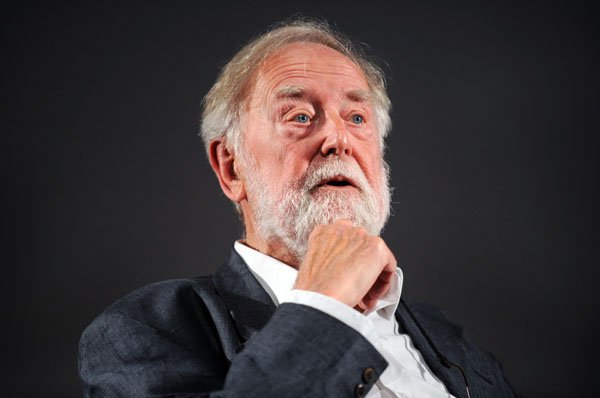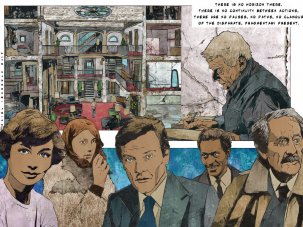David Rose is, rightly, celebrated as the founding father of Film4 (or Film on 4 as it then was). But his accomplishments, and his influence on TV drama over the past 60 years, reach far wider. Few people if any have had a more extensive, more distinctive or longer-lasting effect on what’s shown on our screens.
Rose was born in Swanage in Dorset, and at 18 joined the RAF, flying 34 missions in Lancaster bombers. After the war he trained as an actor at the Guildhall School of Drama, but having graduated moved into stage management. In 1954 he joined the BBC as an Assistant Floor Manager; the first production he worked on was Nigel Kneale’s adaptation of Nineteen Eighty-Four, directed by Rudolph Cartier. By the end of the decade he was directing dramatised documentaries for the corporation.
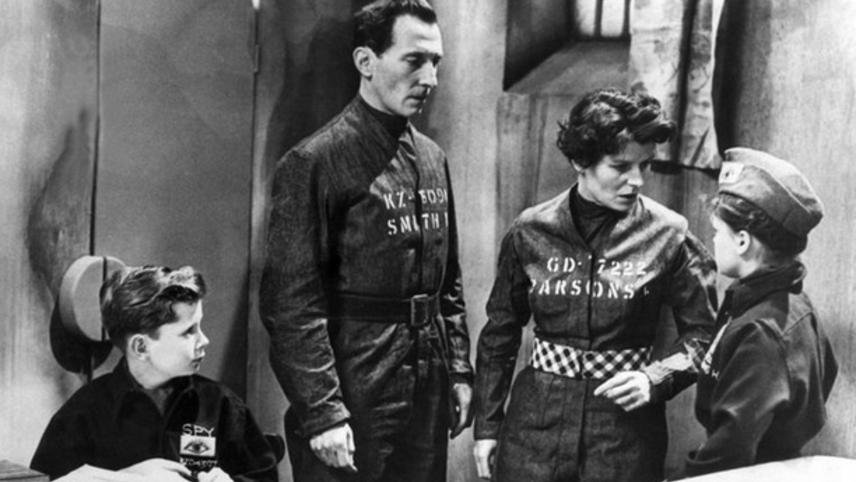
Nineteen Eighty-Four (1954)
In 1962 Rose produced the first episodes of Z-Cars. Initially six were planned. After 176 episodes, with the series riding high, he terminated it since he felt “it might get not so good, so it should finish”. (Z-Cars was later revived with a different team.) He produced Softy, Softly (1966-69) as a spin-off series.
In 1971 David Attenborough, then the BBC’s director of programmes, appointed David Rose head of English regional drama at the new Pebble Mill studios in Birmingham; his brief was to “find new writers in the regions and nurture them”. Shaun Sutton, the BBC’s head of drama, asked him: “You will come to our weekly meetings, won’t you?” Rose replied: “Thank you, but no. I don’t want to know what you’re doing, and I don’t want you to know what we’re doing.”
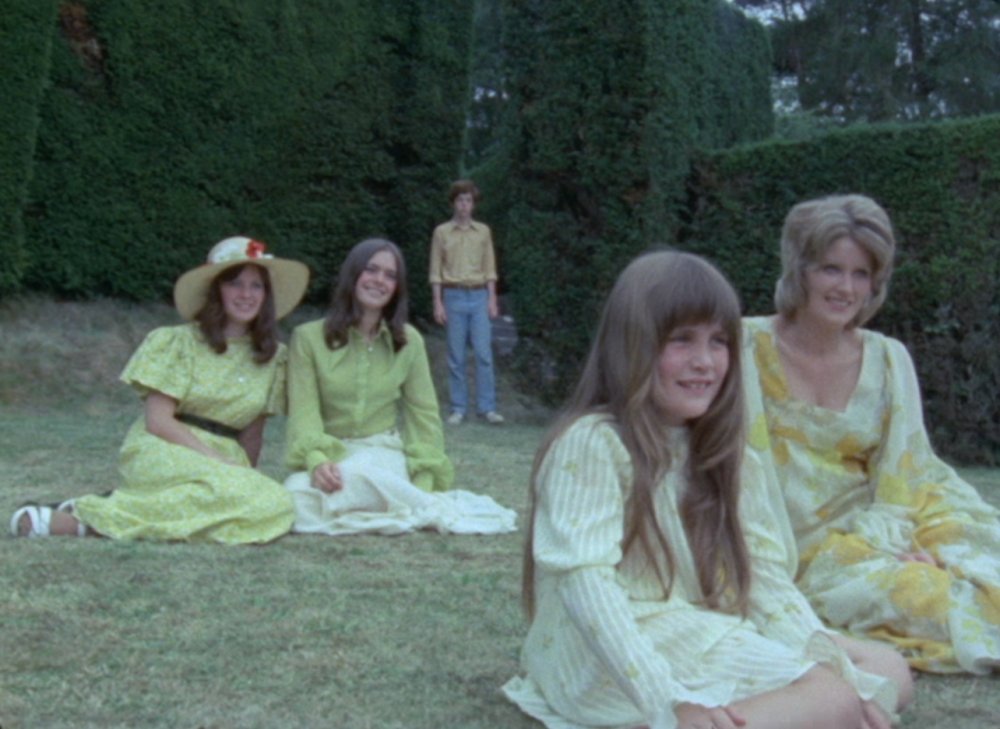
Penda’s Fen (1974)
Sutton could have relaxed. Among the new writers Rose found and nurtured were David Mercer, Jack Rosenthal, Henry Livings and Peter Terson. Over that decade Pebble Mill broadcast – among much else – Terson’s The Fishing Party, David Rudkin’s Penda’s Fen, Alan Bleasdale’s The Black Stuff, David Hare’s Licking Hitler and Malcolm Bradbury’s The History Man. In a career not short of notable achievements, Attenborough rated sending Rose to Birmingham as “one of the best things I’ve ever done”.
In 1981 Jeremy Isaacs poached Rose for the newly established Channel 4 to run the channel’s drama output. Isaacs’ plan was to offer filmmakers the chance to make features that might well qualify for cinematic release before being screened on TV. Rose succeeded beyond all possible expectations. Over the next ten years, with an annual budget of £6 million, he greenlit over 130 feature-length films, half of which made it to movie-house screens. Among them were Neil Jordan’s Angel, Jerzy Skolimowski’s Moonlighting, Stephen Frears’ My Beautiful Laundrette, Merchant-Ivory’s Heat and Dust and A Room with a View; C4 also co-financed such prestigious productions as Andrei Tarkovsky’s The Sacrifice, Jan Svankmajer’s Alice and Wim Wenders’ Paris, Texas. Rose wasn’t neglecting TV drama series, either: Phil Redmond’s Brookside launched under his aegis.
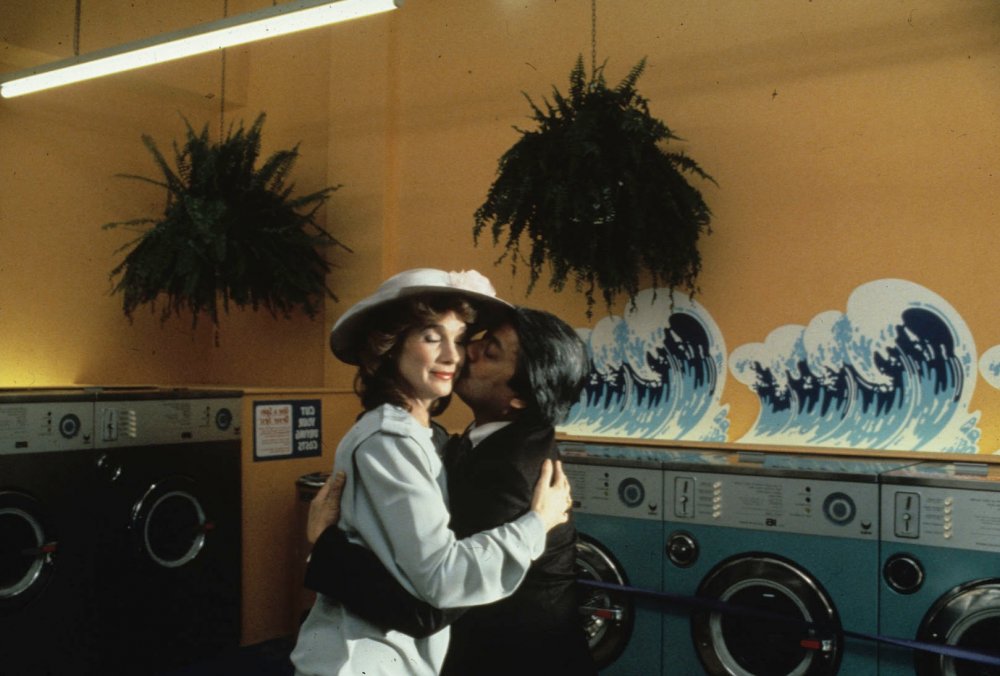
My Beautiful Laundrette (1985)
Rose, Isaacs recalled, relied on “no committees of consultants; no focus-groups or market-testing. Just an eye for a situation, a nose for a script, and a mind of his own to make the critical judgement.” What he looked for, he once tersely explained, was “the rough edges of truth”.
David Rose received a special prize for services to cinema at Cannes in 1987. He stepped down from C4 in 1990, and in 2010 was awarded a BFI Fellowship.
-
The Digital Edition and Archive quick link
Log in here to your digital edition and archive subscription, take a look at the packages on offer and buy a subscription.




